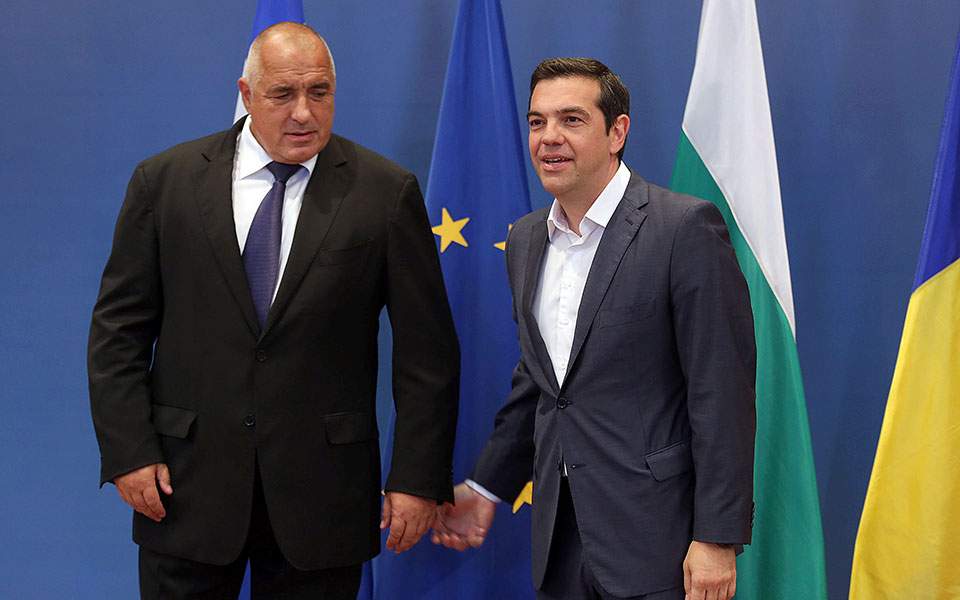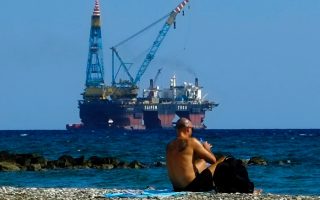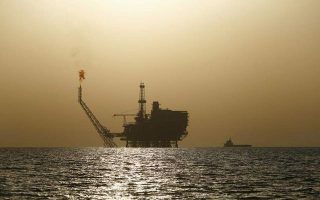Bulgaria builds gas link to end full reliance on Russian gas

Bulgaria has started building a 240 million euro ($268 million) gas pipeline with Greece that will end the Balkan country’s total dependence on Russian gas and help diversify supplies in southeastern Europe.
Sofia, which at present meets all of its gas needs from Russia via one route, pledged to start building gas links with its neighbours and diversify its suppliers in 2009, when a price dispute between Moscow and Kiev left hundreds of Bulgarians without heating in the middle of winter.
After years of delays, a 182-km interconnector link between Bulgaria and Greece with an initial annual capacity of three billion cubic metres is now expected to ready by the end of 2020 and transport mainly Azeri gas to Bulgaria.
Greek Prime Minister Alexis Tsipras and Bulgarian Prime Minister Boyko Borissov announced on Wednesday the symbolic start of the construction works near the village of Kirkovo, some 15 km north of border with Greece.
“The project is of strategic importance not only for our two countries, but for the whole of Europe, including the countries in the Western Balkans,” Borissov said. “It will lead to real diversification of gas supplies.”
Earlier this month the project company for the pipeline, ICGB, picked Greek gas contractor J&P AVAX to build the link between the southern Bulgarian city of Stara Zagora to the Greek city of Komotini in northeast Greece.
ICGB is 50% owned by Bulgaria’s state-held BEH energy holding company. The remaining shares are held by Greece’s DEPA and Italy’s Edison.
Along with its hopes to build a gas hub and secure gas supplies from different sources, including liquefied natural gas from the United States, Bulgaria is eager to keep Russian natural gas flowing through its territory to central Europe.
It has picked a Saudi-led consortium to build a more than 450 km pipeline from its southern border with Turkey to its western border with Serbia, aiming to secure a link to the Russia-backed TurkStream twin pipeline to central Europe.
[Reuters]





